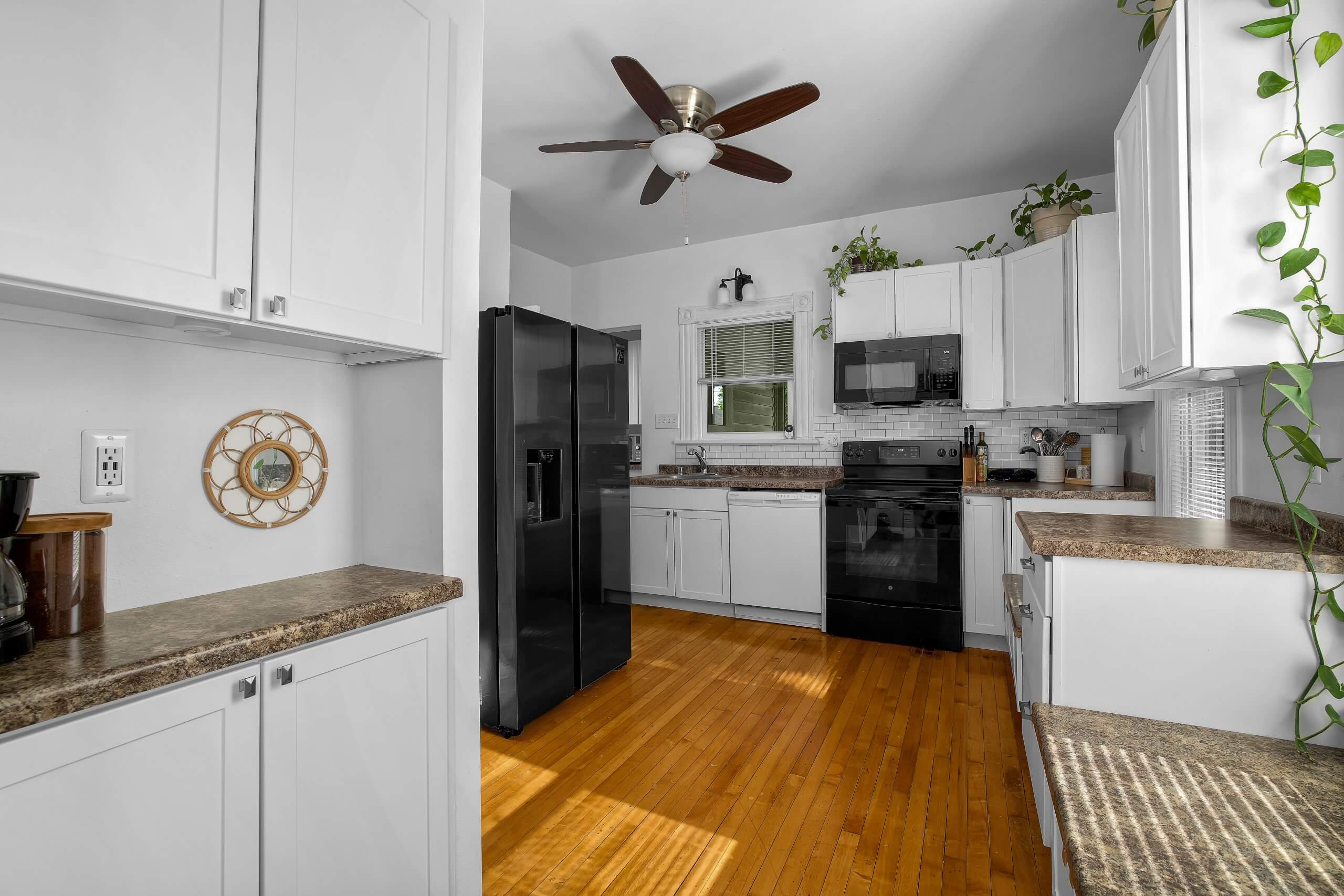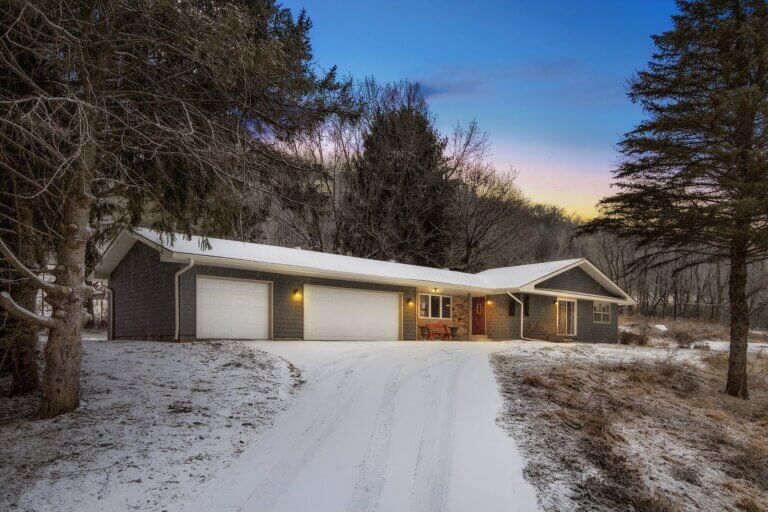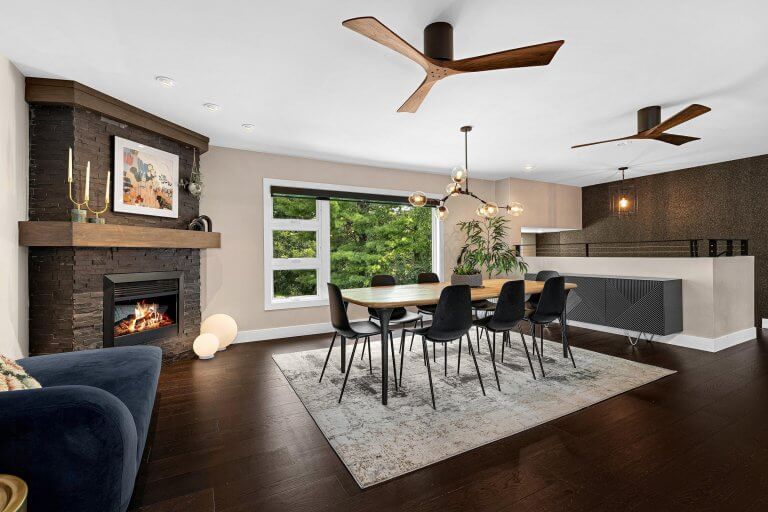Energy Saving Tips for New Homeowners: A Guide to Lowering Your Utility Bills
Congratulations on becoming a new homeowner! Owning a home is an exciting milestone, but it also comes with responsibilities, one of which is managing your energy consumption. By adopting energy-efficient practices, you can save money on utility bills, reduce your environmental footprint, and create a more comfortable living space. Here are some practical energy-saving tips to help you get started.
1. Conduct an Energy Audit
Before making any changes, it’s essential to understand how your home uses energy. An energy audit, which can be done professionally or as a DIY project, identifies areas where your home is losing energy and recommends improvements. Look for drafts, inspect insulation, and assess the efficiency of your heating and cooling systems.
2. Upgrade to Energy-Efficient Appliances
Older appliances can be significant energy hogs. When it’s time to replace them, opt for ENERGY STAR-rated models. These appliances meet strict energy efficiency guidelines and can significantly reduce your energy consumption. Common upgrades include refrigerators, washing machines, dishwashers, and water heaters.
3. Seal and Insulate
Proper insulation is key to maintaining a comfortable temperature in your home without overworking your HVAC system. Check your attic, walls, and floors for adequate insulation. Additionally, seal any gaps and cracks around windows, doors, and ductwork to prevent air leaks.
4. Install a Programmable Thermostat
A programmable thermostat allows you to set your heating and cooling systems to operate only when needed. You can program it to lower the temperature while you’re away or sleeping and raise it when you’re home and awake. This simple device can lead to significant energy savings without sacrificing comfort.
5. Use Energy-Efficient Lighting
Lighting accounts for a substantial portion of your electricity bill. Replace incandescent bulbs with LED or CFL bulbs, which use less energy and last much longer. Additionally, consider installing dimmer switches and motion sensors to further reduce energy use.
6. Optimize Your Water Heating
Water heating is another major energy expense. Lower the thermostat on your water heater to 120°F, which is hot enough for most household needs but can reduce energy consumption. Insulate your water heater and pipes to retain heat longer, and consider installing low-flow showerheads and faucets to conserve hot water.
7. Embrace Natural Light and Ventilation
Take advantage of natural light to reduce the need for artificial lighting. Open curtains and blinds during the day, and consider installing skylights or larger windows to maximize daylight. For ventilation, use ceiling fans to circulate air and reduce the need for air conditioning.
8. Landscape for Energy Efficiency
Your home’s exterior can impact its energy efficiency. Planting trees and shrubs strategically can provide shade during the summer and wind protection during the winter. Deciduous trees, which shed leaves in winter, are ideal for providing shade in summer and allowing sunlight in winter.
9. Practice Energy-Efficient Habits
Small daily habits can add up to significant energy savings. Turn off lights when leaving a room, unplug electronics and chargers when not in use, and use power strips to easily disconnect multiple devices. Wash clothes in cold water, and air-dry them whenever possible.
10. Consider Renewable Energy Sources
If you’re ready to make a more significant investment, consider incorporating renewable energy sources like solar panels or a wind turbine. These can reduce your reliance on the grid and even allow you to sell excess energy back to your utility company.
Energy efficiency is an ongoing process, and every little bit helps. By implementing these tips, you can reduce your energy bills, make your home more comfortable, and contribute to a healthier planet. Start with the easy changes and gradually invest in more significant upgrades to enjoy long-term benefits. Happy Energy saving tips for new homeowners !





